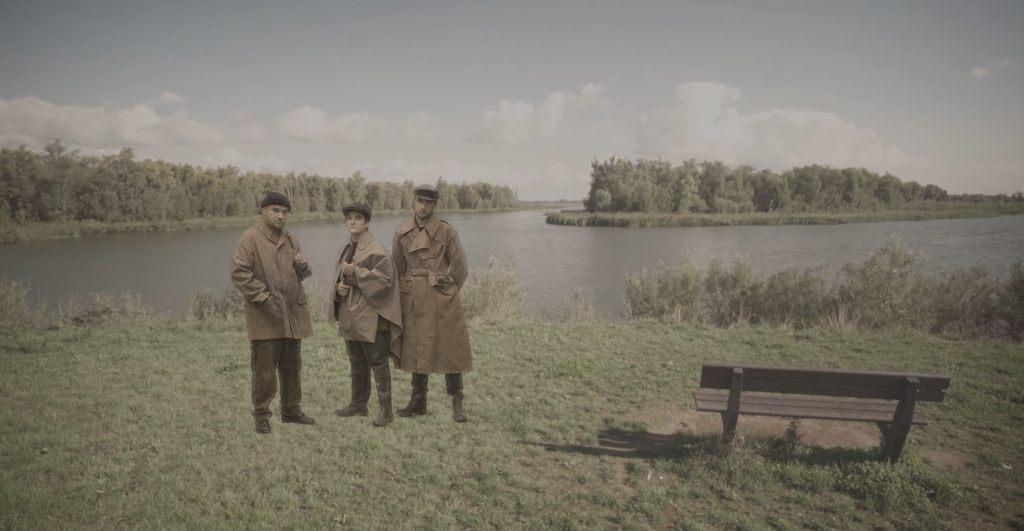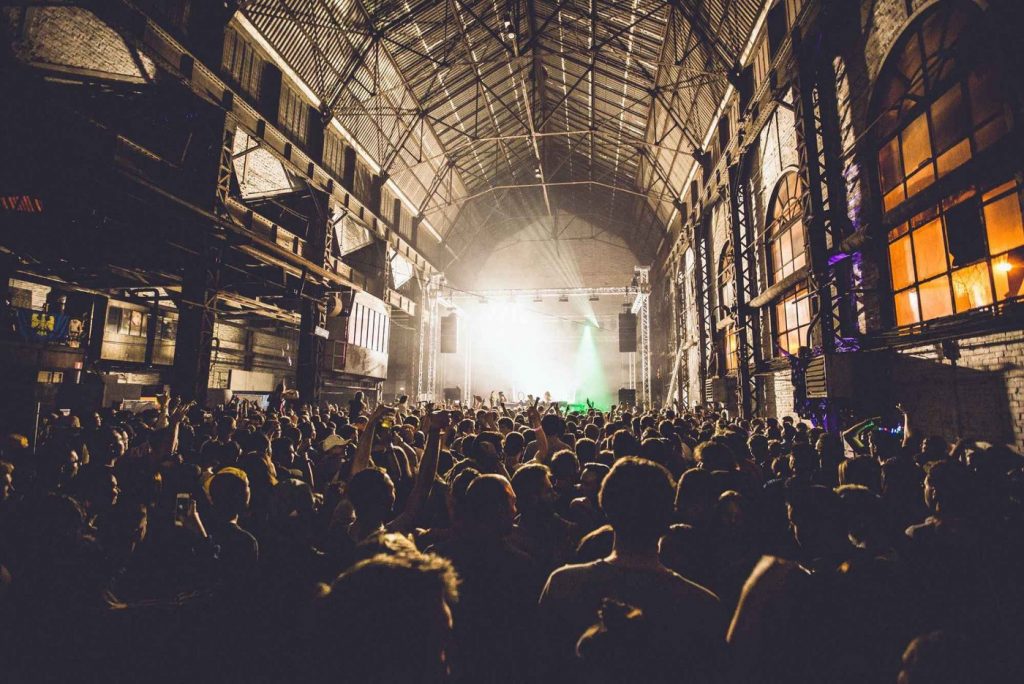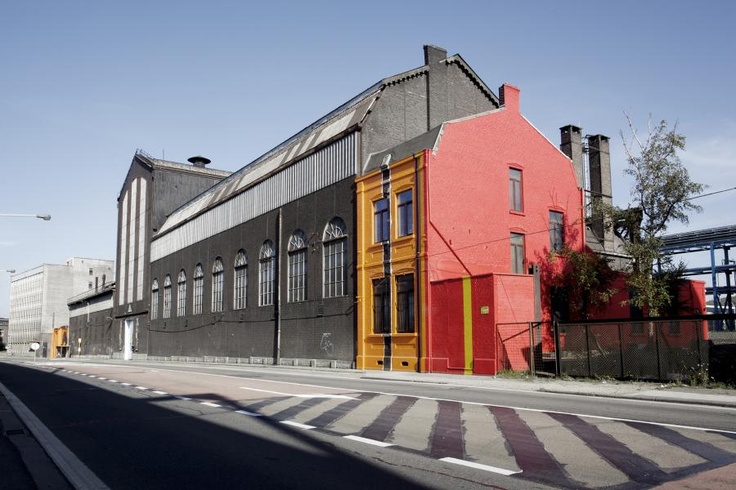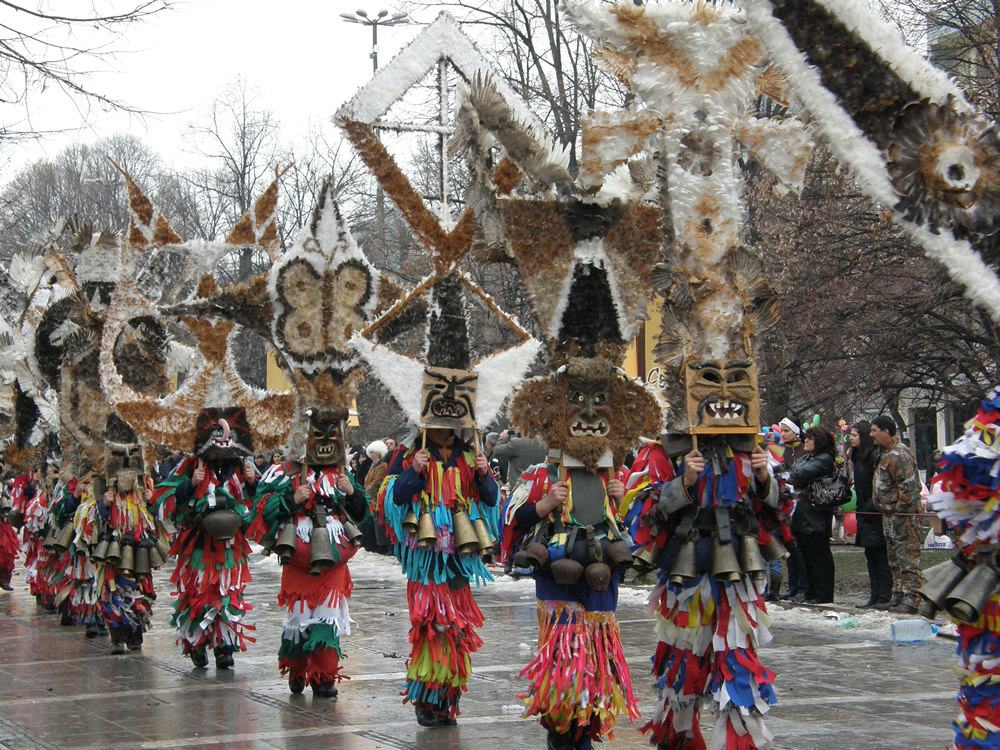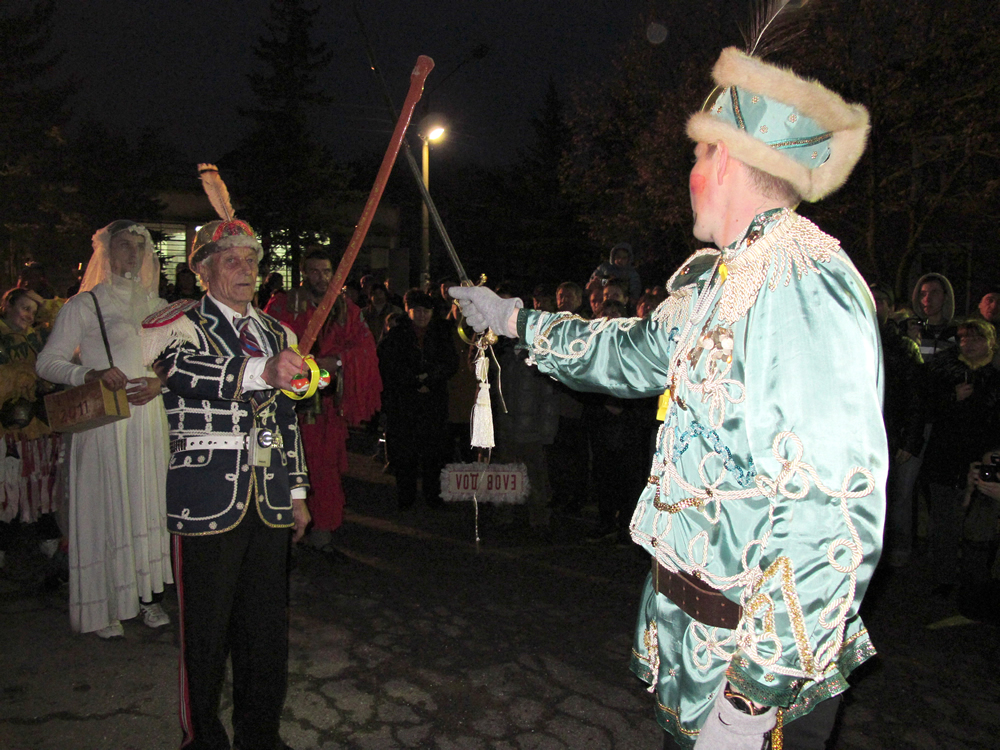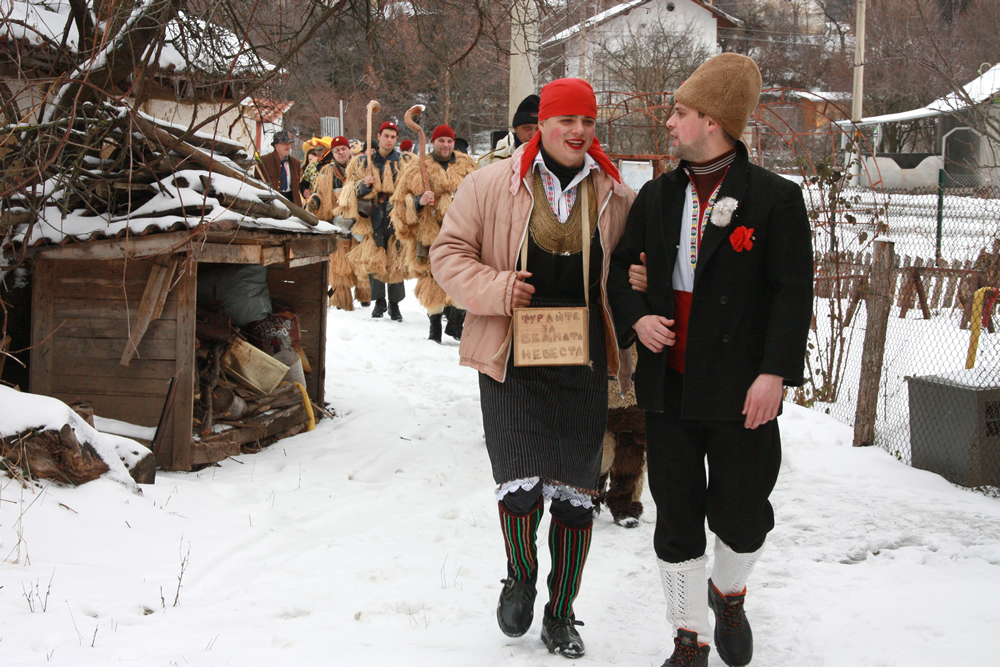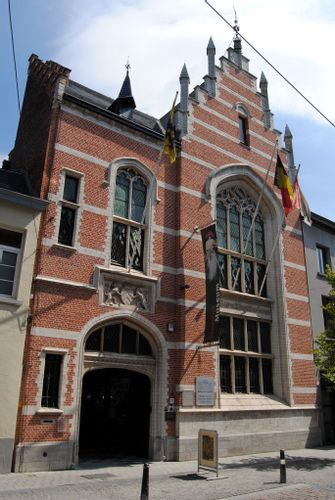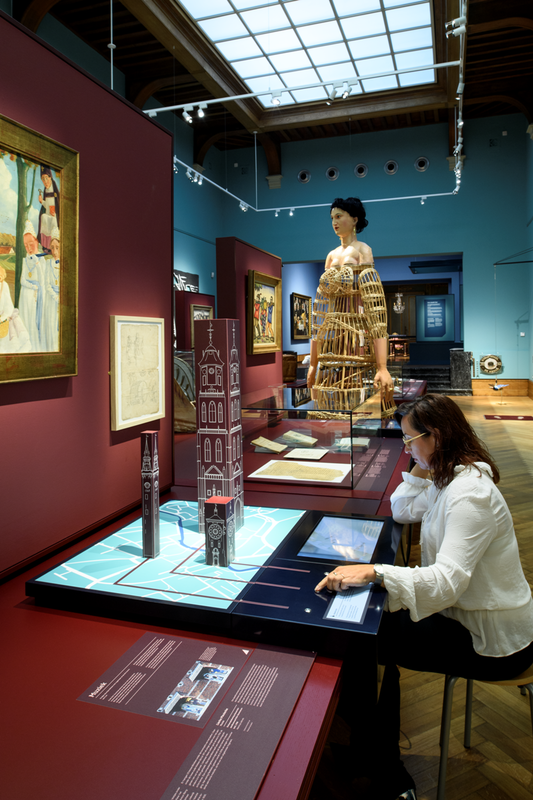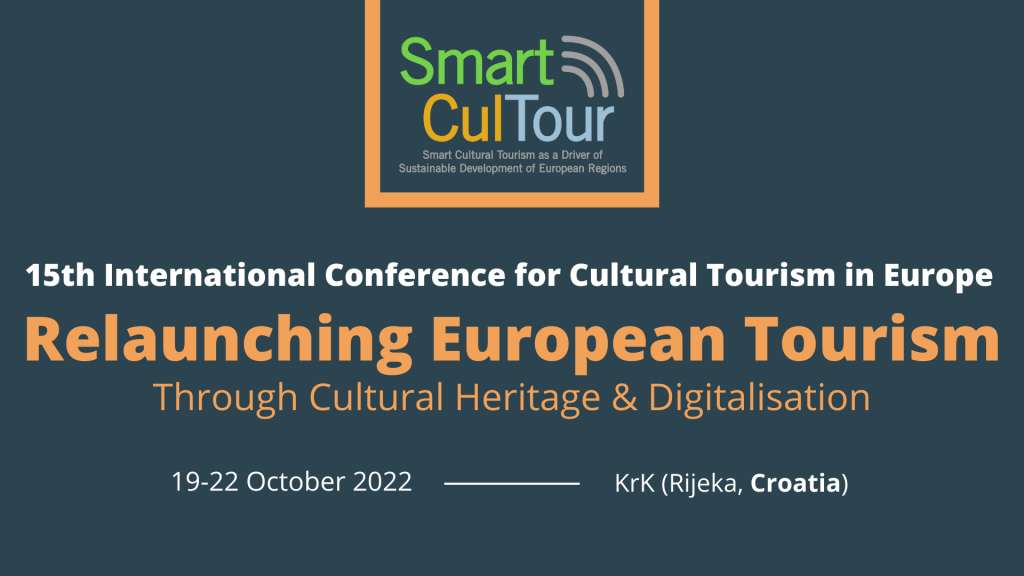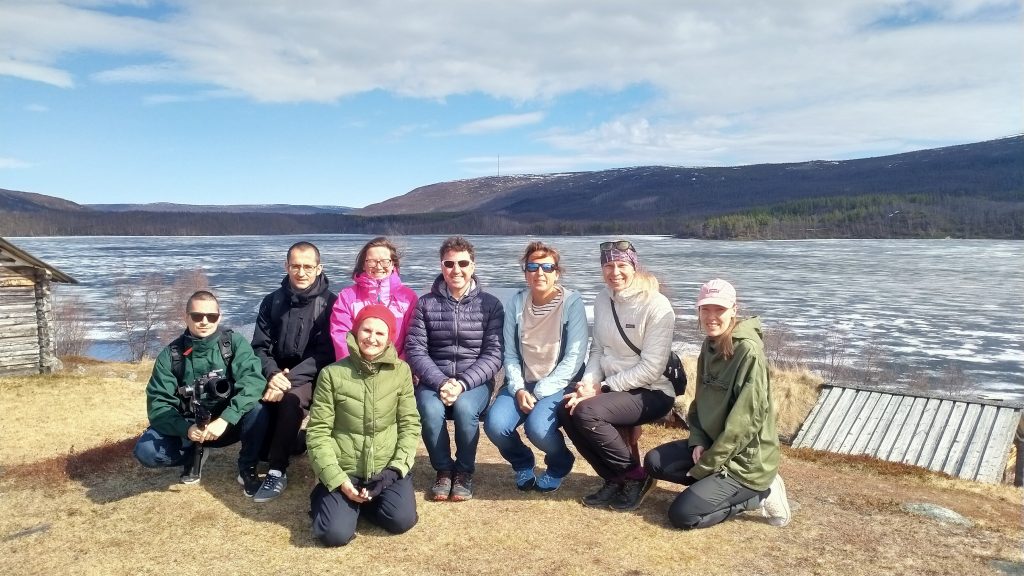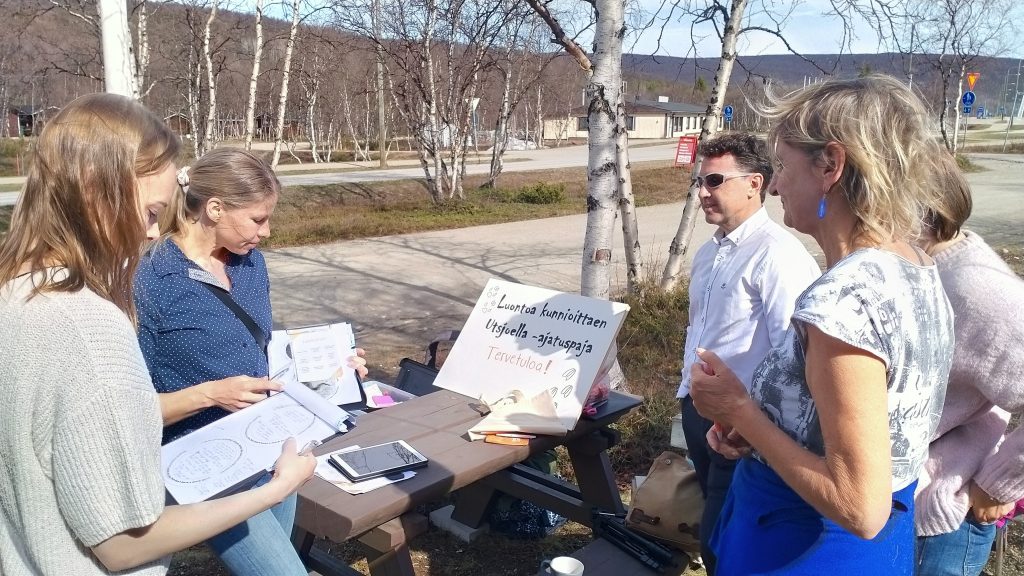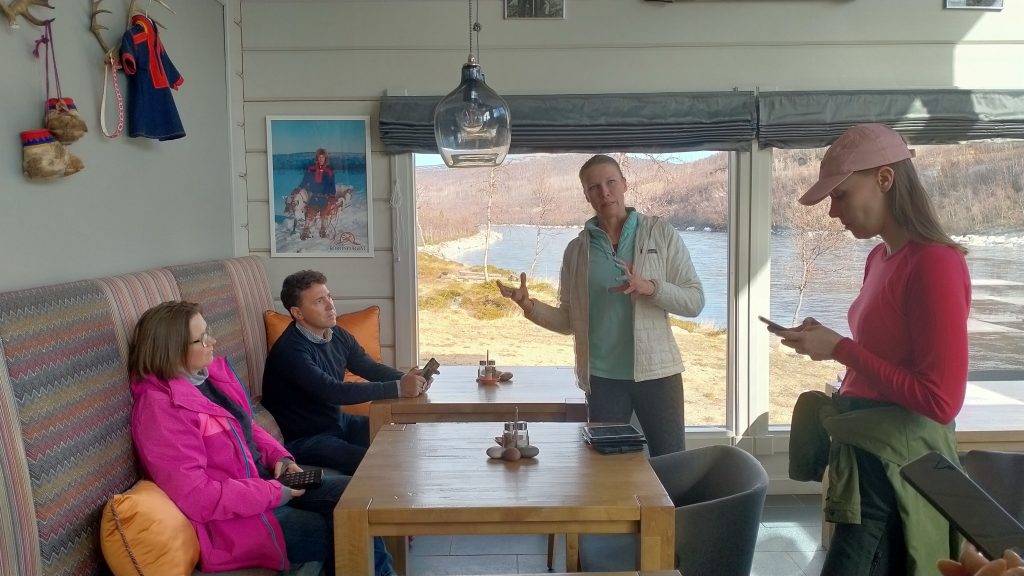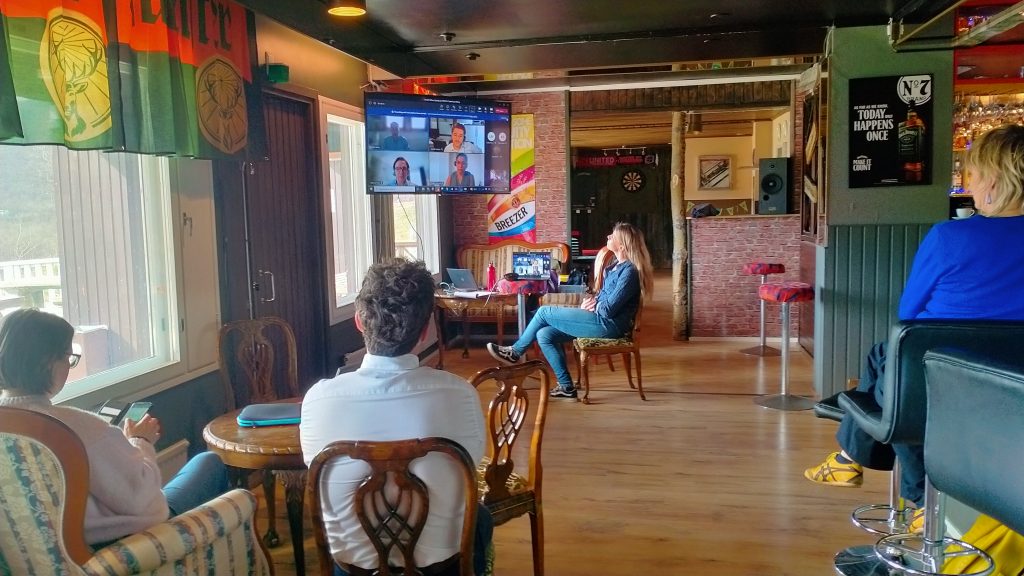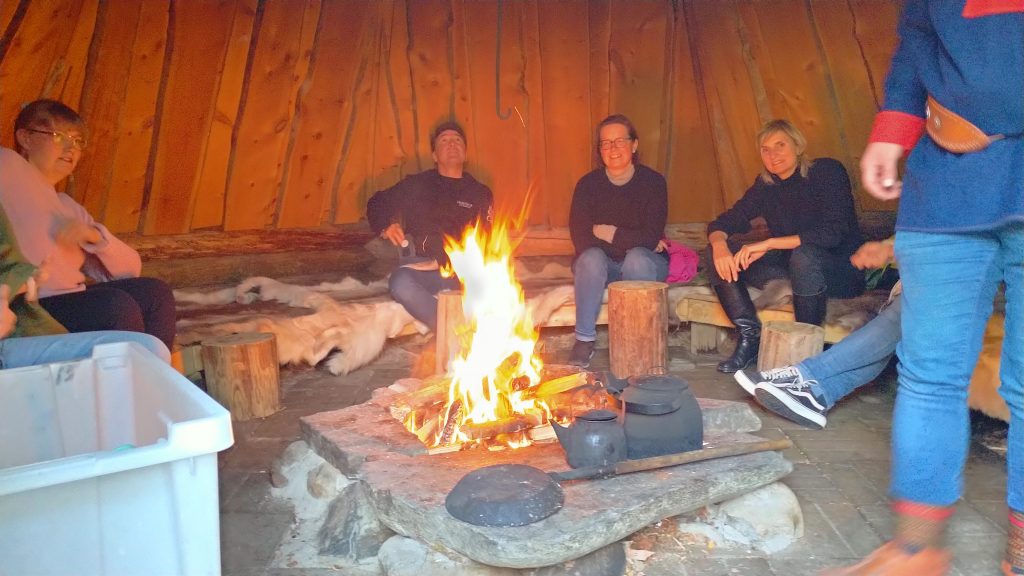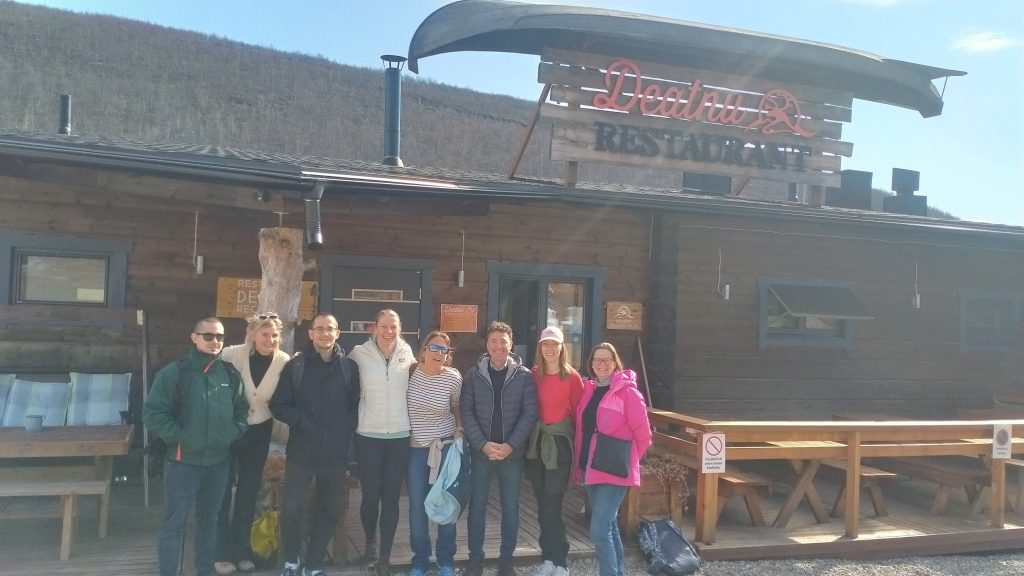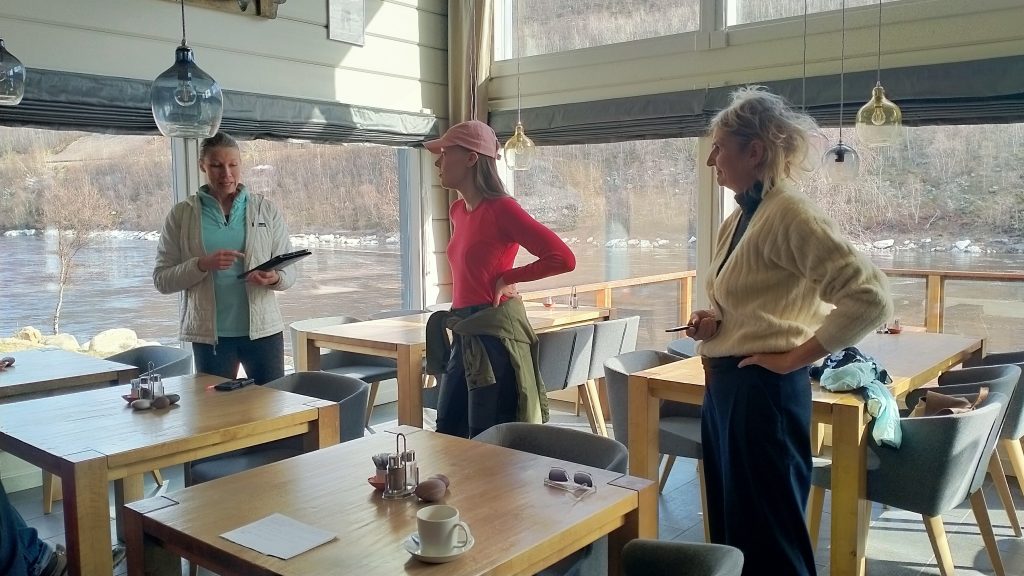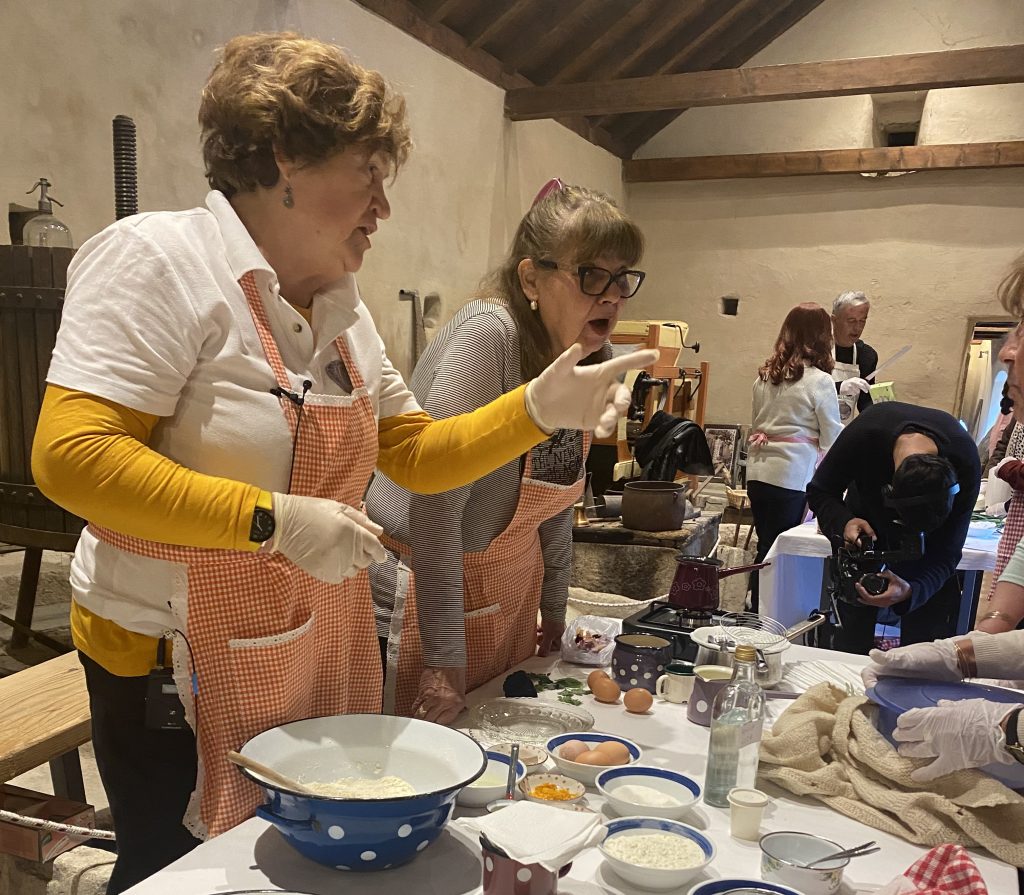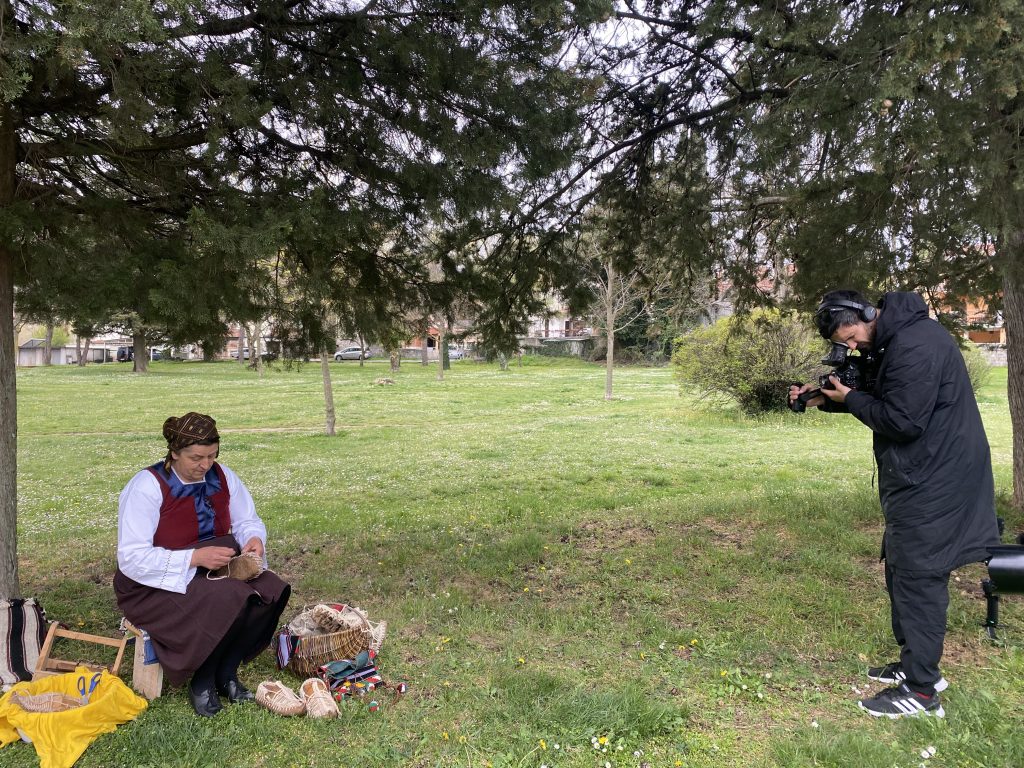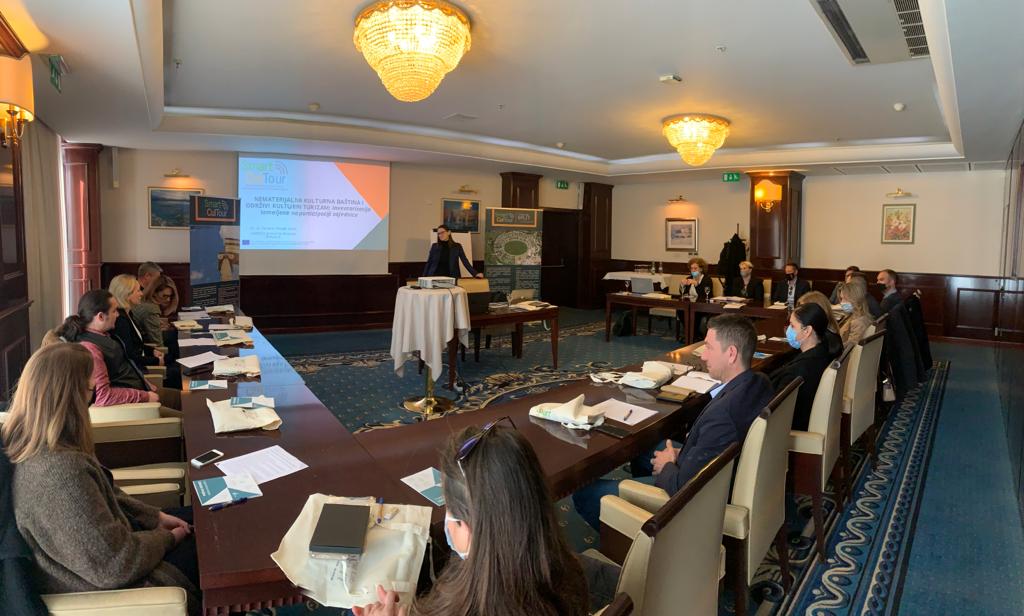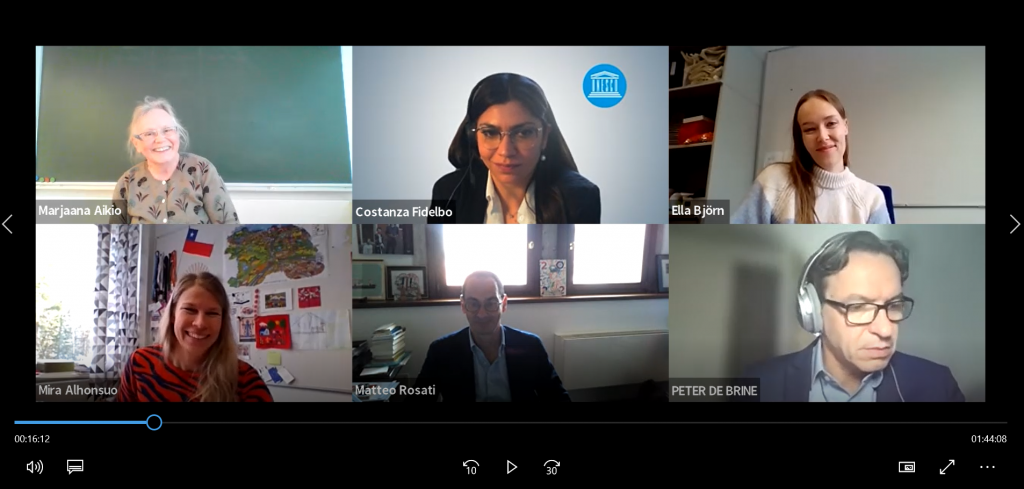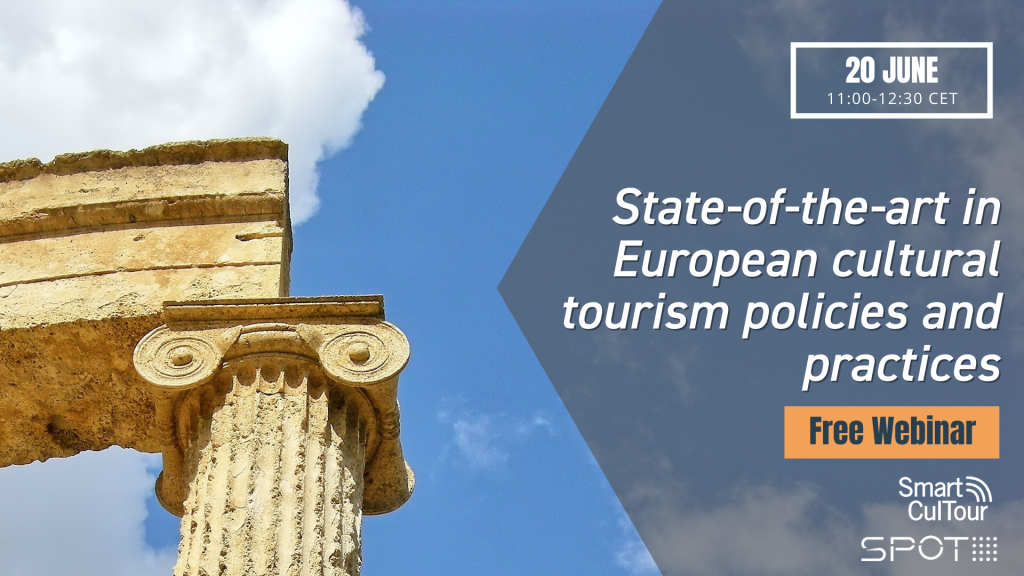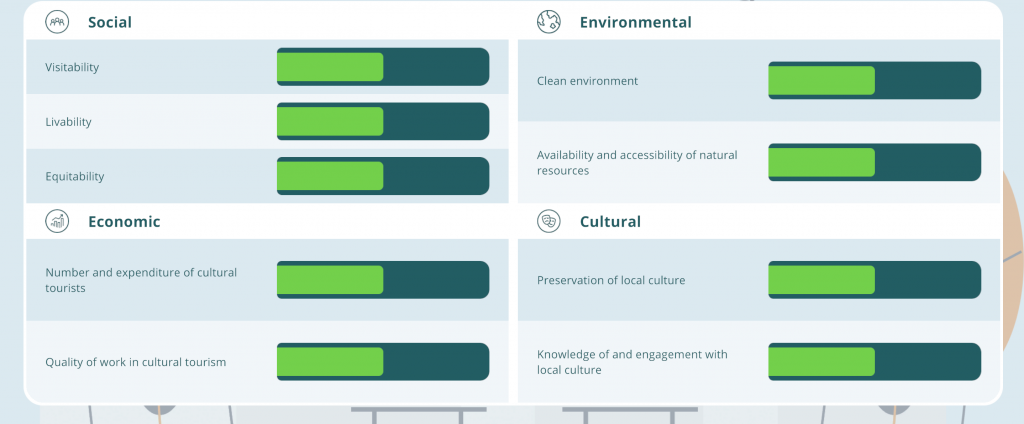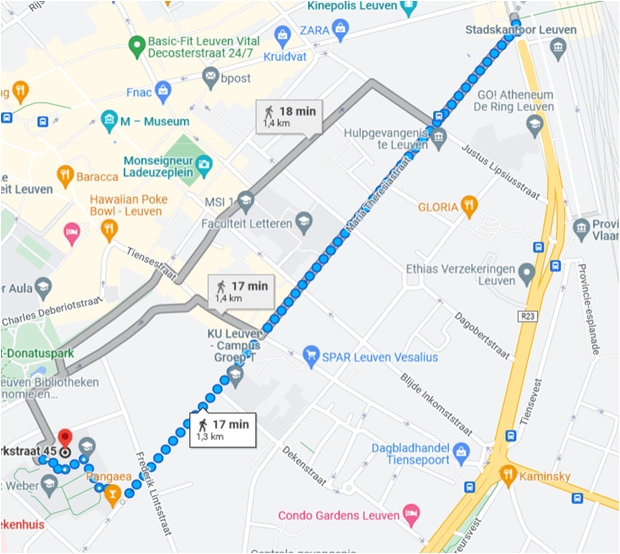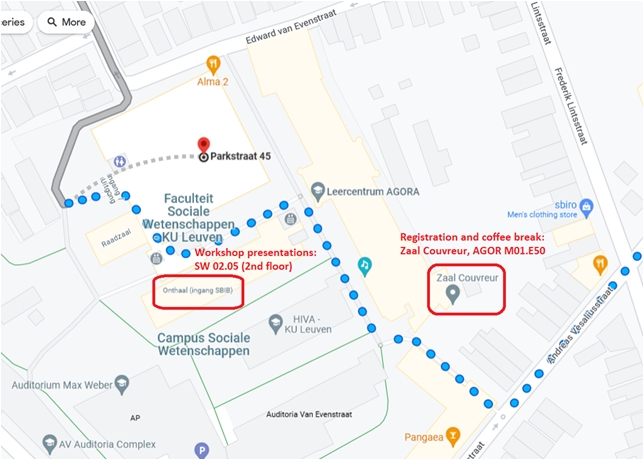Brabant Remembers – Living History Augmented Reality App (Brabant Region, Netherlands)
#5Brabant is one of the provinces of the Netherlands. It is located near the Belgian border in the southern part of the country. Its tourism offer mostly involves old and modern cities, monasteries, theme parks, and places connected to Vincent Van Gogh’s artistic expression and the heritage of WWII. In relation to WWII, historic war-related events ranging from mobilization for battles to liberation operations have taken place on Brabant soil. Brabant can therefore provide a very complete war narrative, with various locations or sites focusing on a specific theme. Now that the memory of the War is fading and becoming part of history, the intervention’s challenge consists of finding new ways in which people can still learn from this important and dramatic period. Here, new technology offers great opportunities. It can help produce more pleasurable experiences and create a solid link between WWII and younger generations. Furthermore, the use of personal connections (e.g. hearing personal stories) is a way to produce meaningful and memorable experiences for a wider audience who will easily empathize with the historical protagonists. These two insights form the basis of the intervention discussed here. It centres on the creation of the Living History Augmented Reality (AR) App through which people can visualize 11 personal war stories, at the site where the most important events in this part of history happened. The viewer can experience the story, be confronted with a dilemma/choice, and access additional information. The AR App does not stand in isolation. It is part of the broader Crossroads concept and foundation. Crossroads is a narrative concept that connects several WWII-related cultural institutions in Brabant. Crossroads becomes historical, geographical, and human with the ambition of “touching the people now with the crossroads of the past”. By using stories, emotions and symbolic value, historical events have turned into something memorable. The stories were collected in 13 workshops, organized in 2017 and 2018 at places with historic significance. In total, more than 1,000 stories were collected, of which, 75 were selected to become experiential stories thanks to the support of professional writers and artists. An initial analysis showed how, although the number of App downloads was less than expected (the promotional campaign was cancelled due to the Covid-19 pandemic), all actors stated the overall positive impacts of the intervention. Accordingly, positive consequences were observed in the number of visits and the tourist development of the destinations involved in the project. Meanwhile, a huge social impact was achieved both during the story collection phase and during the community’s final response to it. In particular, culture and collective memory have been greatly enhanced and protected. Here, innovation and memory storage (aimed at its protection) represent an awaited meeting point between different generations who can now engage in dialogue with more accessible and experiential tools.
